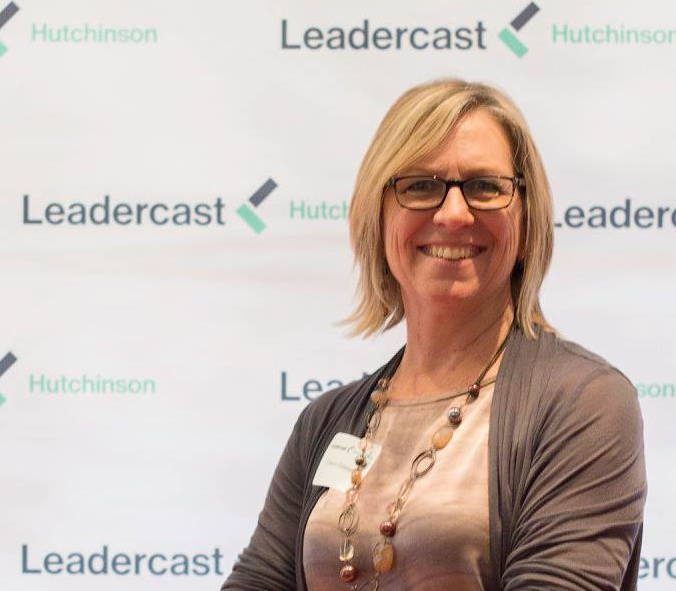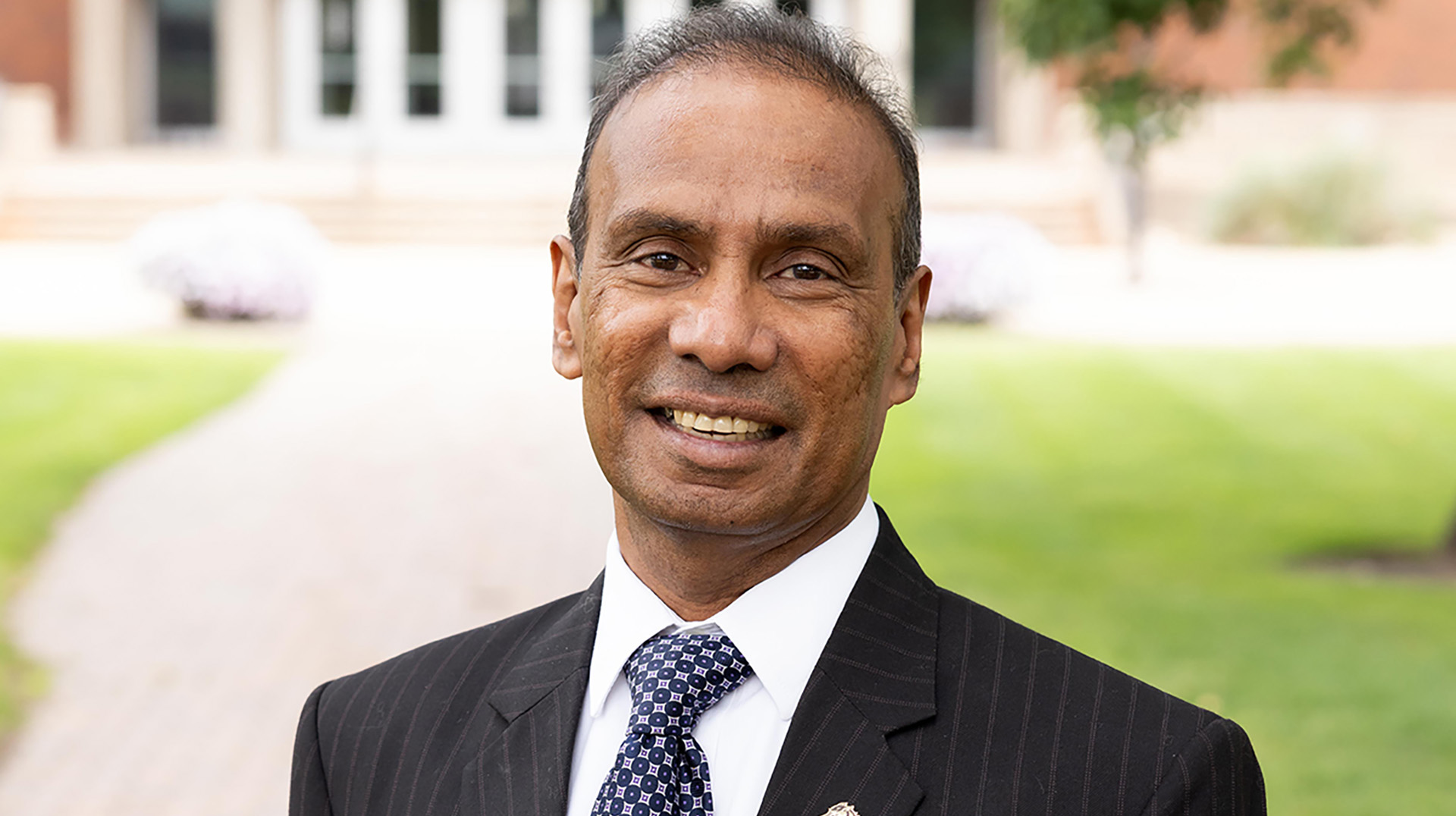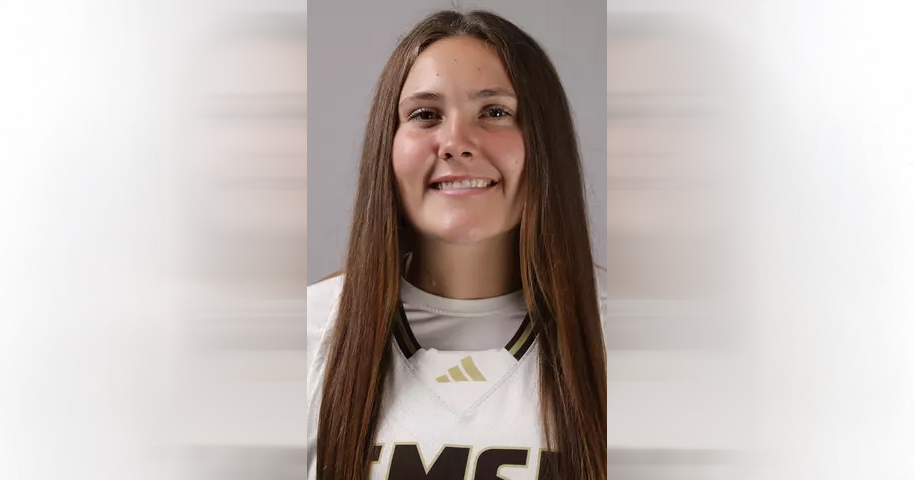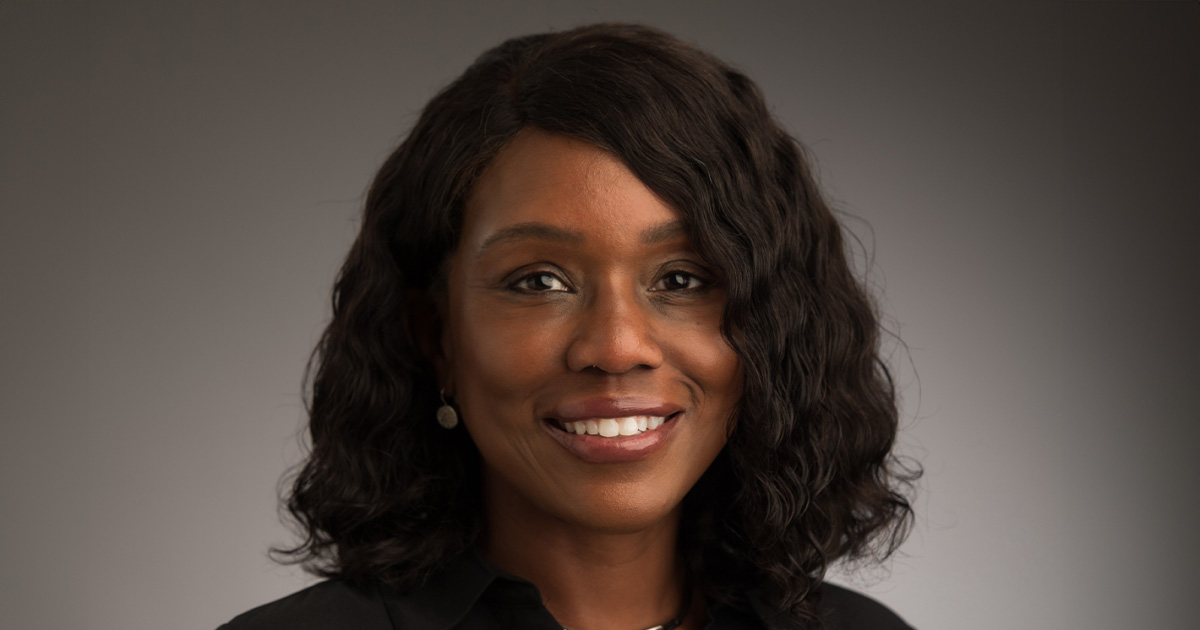Cheryl Glaeser, MARL Class VII, Helping Rural Leaders Find Their Voice
Published Sunday, October 13, 2019
Note: This is part of a series of articles about Minnesota Agriculture and Rural Leadership (MARL) alumni leading up to the 20th anniversary of the program.
“My motivation comes from a desire to see the rural way of life continue to be an opportunity for future generations. We need stronger advocates for rural who will tell our story and explain why rural living is great. We need young people to stay or come back to live in our rural communities,” explains Cheryl Glaeser, MARL Class VII alumna from Hutchinson, Minn.
Since participating in MARL, Glaeser’s role is to support rural leaders and to give them a voice. A misconception about MARL is that it is primarily for agricultural leaders and producers, yet rural is also a part of its name, Minnesota Agricultural & Rural Leadership. Glaeser stresses, “It is important that we continue to improve and promote the quality of rural life, in general, or we won’t continue to have the opportunities in ag that we have.” Therefore, she emphasizes the importance of rural leadership and the educational opportunities MARL presents to anyone who wishes to increase their ability to impact rural and agricultural challenges in Minnesota.
Glaeser’s rural leadership began prior to MARL when she was a Program Officer with the Southwest Initiative Foundation where she worked to support 18 counties in areas such as renewable energy, nonprofit leadership, and general economic development. Immediately following MARL Class VII participation, she was selected to be on the MARL Board where she has served as Board Chair for nearly three years. MARL also helped her gain clarity for her future and confidence to finish her degree in Organizational and Leadership Development.
After MARL, she became Senior Associate for a Washington, D.C., based institute where she served as a facilitator and managed an executive leadership program to strengthen leaders, organizations, coalitions and networks. “It was in this role where I became even more aware of agriculture and rural challenges based on the incorrect information being shared within urban based groups. Because of MARL, I was able to give insight into conversations and educate others on the challenges rural areas face.
Following her D.C. position, she chose to start her own firm focusing primarily on Minnesota needs. She now serves as President/Owner of AchieveTFC. “I hope to make a difference by helping people find their voice, envision their future and position themselves to get there,” Glaeser explains. She works with rural community foundations, economic development associations, nonprofit organizations, school districts, businesses, and various communities.
“MARL and the connections made through my experience helped me build my personal network and gain the skills and confidence to go on my own,” Glaeser states. “I have been fortunate to work with inspirational individuals within the MARL network who I can contact for awareness, encouragement or to work together to address agricultural and rural challenges.
This network is comprised of diverse rural leaders throughout the state. Glaeser explains, “MARL creates a safe space for people who think differently to interact, learn from each other, and gain respect for each other’s views. In light of today’s social and political climate, MARL can play an important role in building bridges. We don’t have as many representatives in rural America, therefore, we have to be the voice bringing rural and urban together through education and conversations.”
These conversations were important in helping Glaeser gain a different vision of what leadership means. Although MARL does not change leadership styles, it helps participants acknowledge and accept other viewpoints while understanding the importance of all leadership styles. Glaeser now recognizes, “Followers are as important as leaders. My leadership style is a bit aggressive and bold, but MARL helped me understand that I need to hold back on the tendency to lead and to truly listen to others.” MARL classmates were crucial to her personal and professional growth and leadership development. She recalls one classmate pointing out her tendency to always lead. “Sometimes my desire to get things done overlooked the social or emotional needs of others. One classmate told me ‘Cheryl, it is okay to not always be in control.’ This really hit home. So, now I try to be more intentional about being both compassionate and strategic.”
Although many experiences were memorable within her two years in MARL, the international trip to Ecuador proved the most eye opening. Glaeser recalls, “We saw some pretty significant poverty, but despite that poverty, the people we interacted with were happy. The resilience and strength they appeared to exhibit largely came from their family and community network. This is something we can learn from. In America, many of us have so much and yet we often seek more material things and rely on people and connections less. In Ecuador, people gain their strength and happiness from their connections with others.”
Regardless of one’s motivation and desire, MARL leaders continue to make a difference in rural Minnesota. For those considering MARL, Glaeser suggests, “Go all in. Force yourself to step into each session and set aside experiences or stresses weighing on you. Be fully present. This is not always easy to do, but participants who can do that will gain a much richer experience.” MARL created an opportunity for her to gain clarity, confidence, and leadership skills so she can now help others find their voice, envision their future and be positioned to take the steps necessary to make a difference in rural Minnesota.






